No matter how healthy you are, there’s one pill I recommend that you take, every day. The nature pill.
This week we welcome David Bott as he describes the significant benefits of stepping into nature, all of it backed by science.
The way we are living our high-tech, hyper-connected, stimulus-rich lives can be very exciting, meaningful, rewarding…and stressful.
Ongoing exposure to highly stimulating environments can take a significant toll on our nervous system, endocrine (hormonal) system, and immune system.
Research about the Nature Pill
One particular study at Bournemouth University found that, on average, dementias in Western countries are affecting people a decade earlier than they used to in adults. Furthermore, the proportion of deaths caused by brain disease has risen significantly in adults aged over 55 and nearly doubled in adults aged 75 years or older.
In part, these types of findings reflect our relative success in treating diseases of the body, such as cancer and heart disease, compared to neurological illness. But this is only part of the story. Undoubtedly, our modern lifestyle is straining our brains like never before.
For example, the proliferation of social media has provided a wonderful platform for connecting with others – but not without cost. A recent study of Australian women found that the frequency of Instagram use is associated with depressive symptoms, lowered self-esteem, anxiety, and body dissatisfaction. And in particular, increased exposure to beauty and fitness images on Instagram significantly decreased self-rated attractiveness.
Another recent University of Pittsburgh study found a significant link between extended periods on social media and depression rates in young adults. The study found that ‘frequent checkers’ were 2.7 times more likely to develop depression than those who checked social media feeds less frequently.
And it’s not just social media that’s to blame. For many of us, in so many ways, the experience of ‘normal life’ is shifting radically. Our world has changed. Our interaction and interface with our world continue to change. It’s not hard to appreciate how, unchecked over time, the frenetic pace and complexity of our lives can have a poisonous effect on our well-being.
But, we do have a very powerful antidote. Nature.
The Benefits of the Nature Pill
Research over the last 30 years has demonstrated that connectedness and exposure to nature are linked to a range of mental and physical health benefits including:
- increased positive emotion, vitality, and life satisfaction;
- reduced pain and faster hospital recovery; and
- stronger feelings of connectedness with others, a greater sense of community, lower levels of violence and aggression, and a better capacity to cope with life’s demands.
However, whilst all of this is great – we are busy. We have students to teach, and families to look after, and meals to cook, and reports to write. How much nature do we actually need?
A new study from researchers at the University of Michigan has helped to answer this question. They found that taking a ‘nature-pill’ involving spending 20 minutes in a “place that brings a sense of contact with nature” was enough to significantly reduce stress hormones in saliva samples. On average, participants who were exposed to between 20 and 30 minutes of nature, had their blood cortisol levels reduced by 18.5%.
While the researchers acknowledge that age, baseline stress level, socioeconomic factors, and lifestyle factors all modulate the effect of nature, there is a significant potential benefit for all of us.
There are many things that we can do to enhance our well-being and help protect us against stress and ill-being. But ultimately, nothing may be simpler and more broadly effective, efficient, and powerful than a short daily stroll through the park.
As Lao Tzu, 6th Century Philosopher says, “Nature does not hurry, yet everything is accomplished.”
David Bott is the Associate Director of the Institute of Positive Education. David has been involved in training thousands of teachers from hundreds of schools around the world in designing, implementing and sustaining individual and whole-school approaches to well-being.
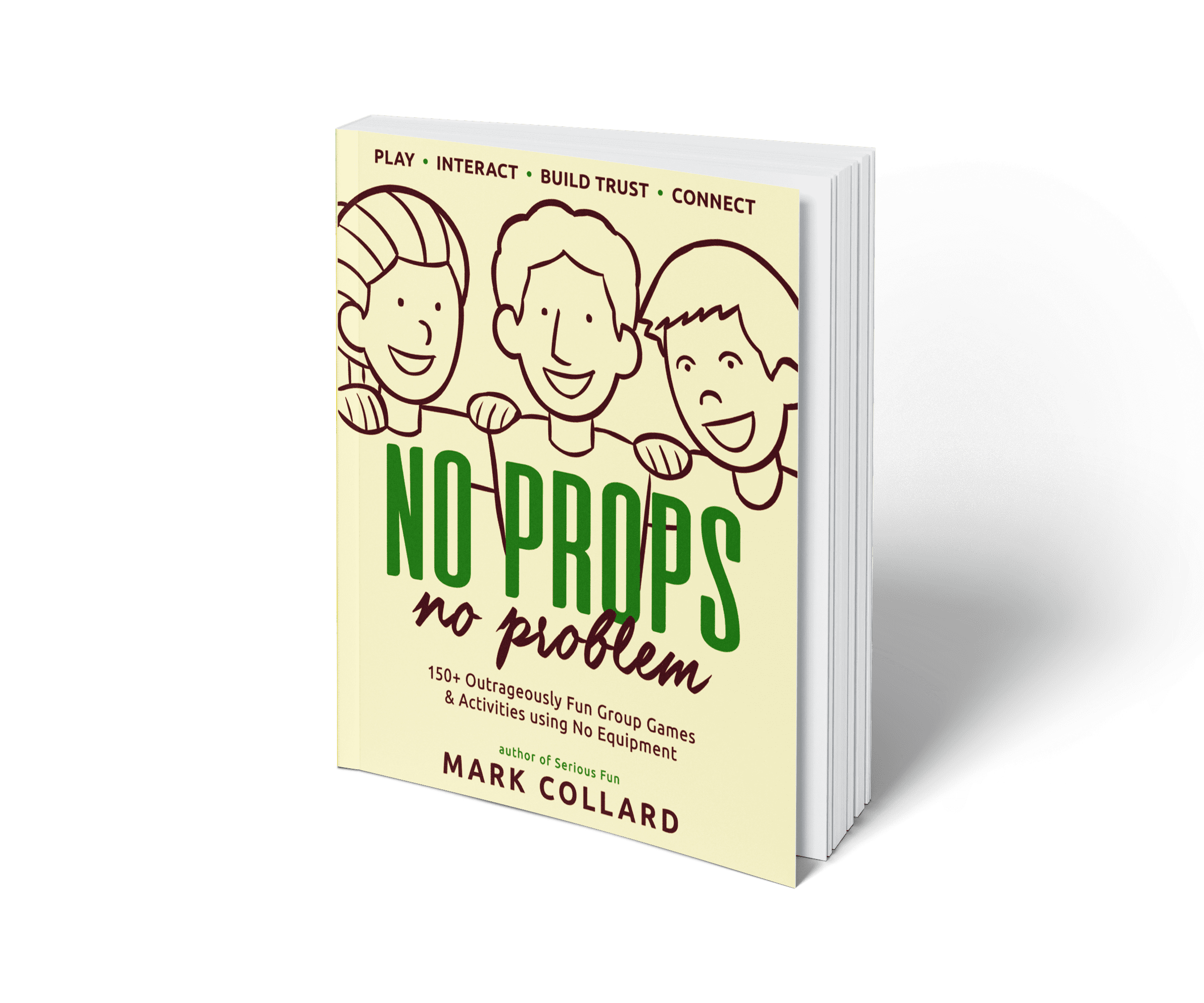
No Props? No Problem!
Get 150+ no-prop games & activities + exclusive 30-day free trial of playmeo. Scan QR codes to view activity videos, leadership tips, etc.
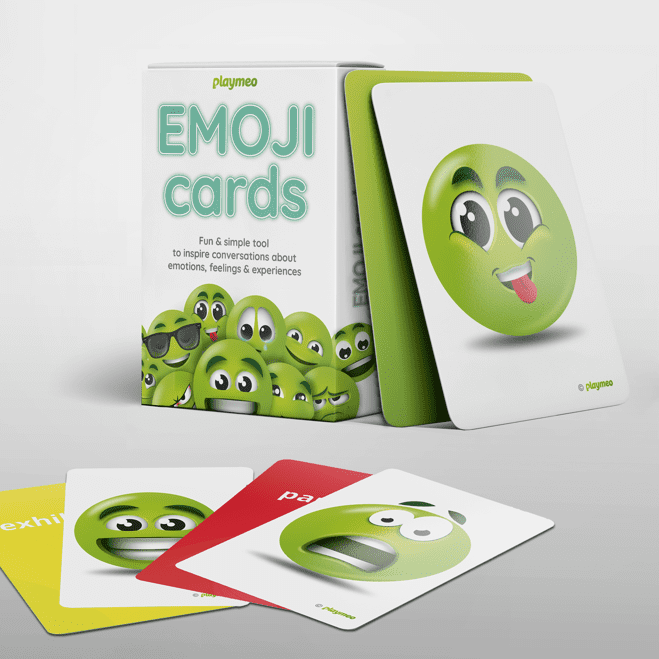
EMOJI Feeling Cards
50+ cards that portray a range of emotions from happy, sad, angry & confused. Ideal for building emotional literacy skills.
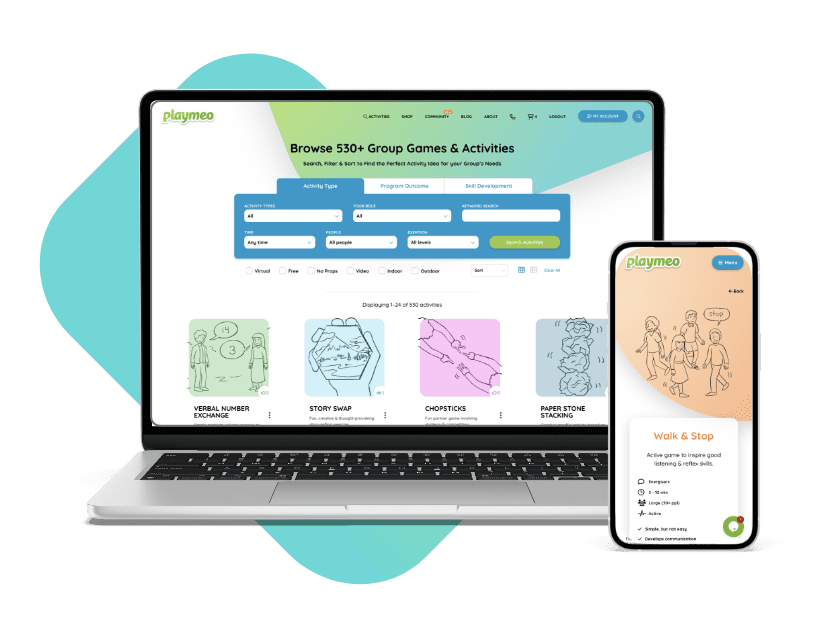
Wow, you’ve been busy!
You can open 1 more
activity for free.
Limit resets every 24 hours
or click below to get unlimited access.





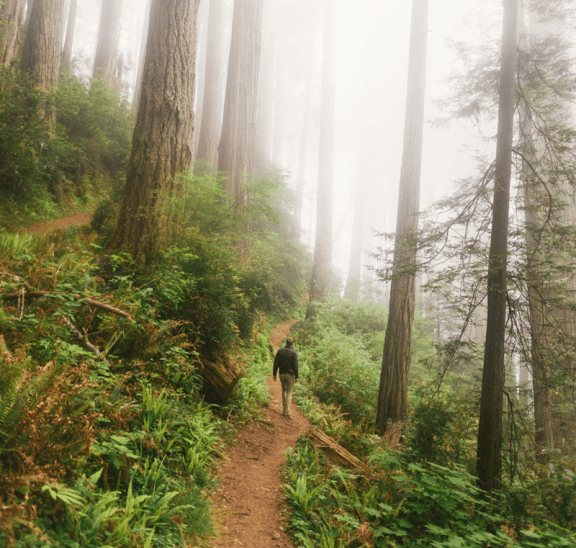
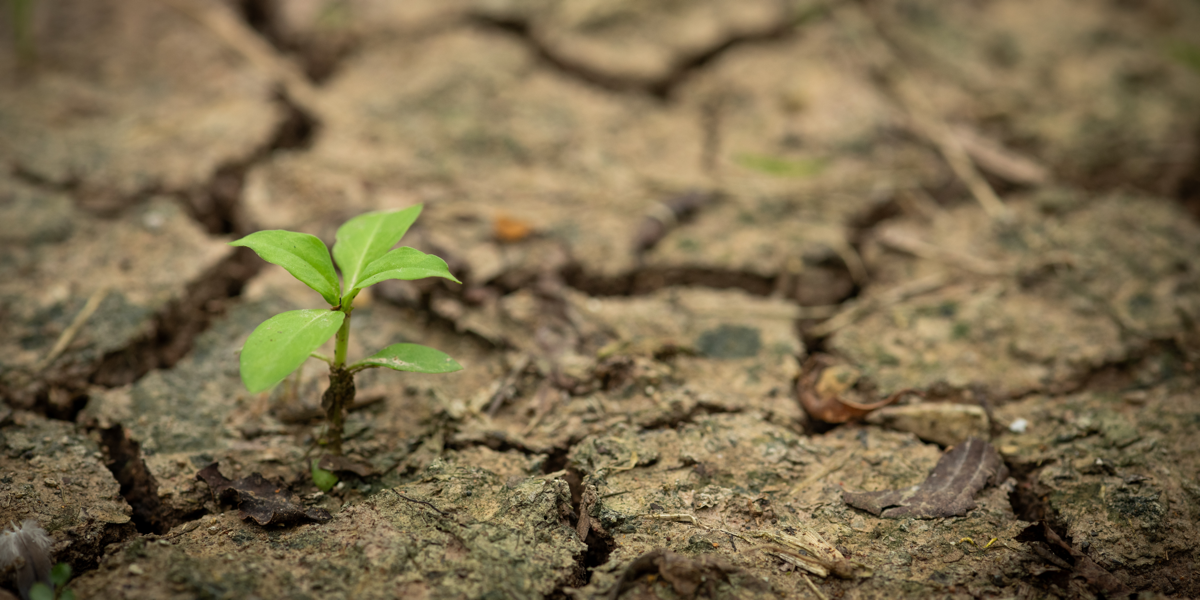

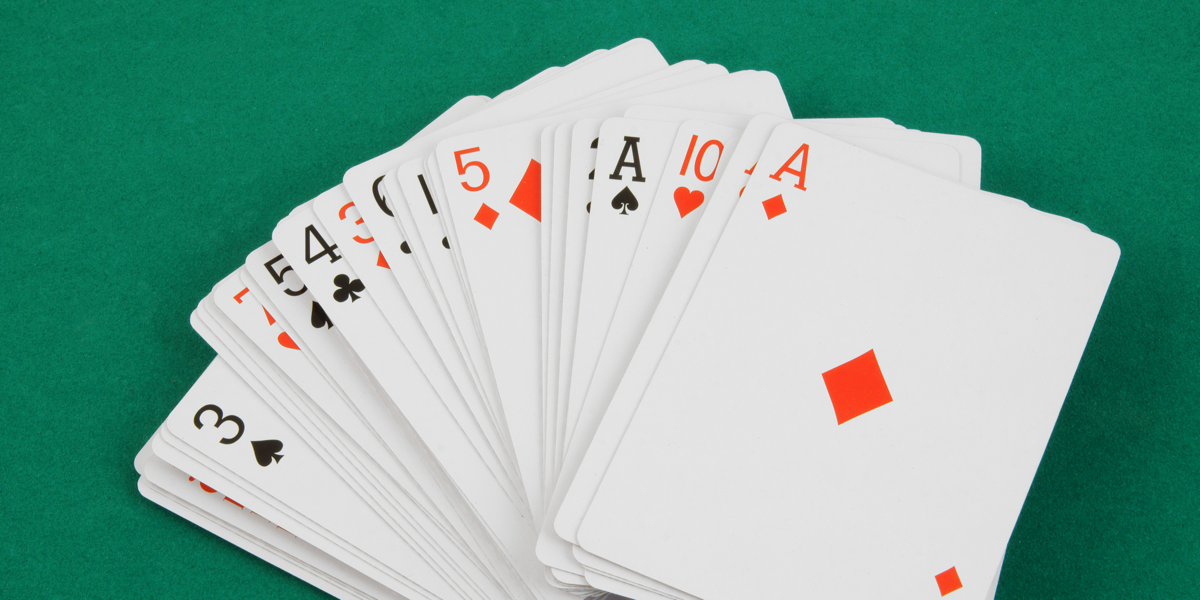


Original post September 2019, last updated March 2024.